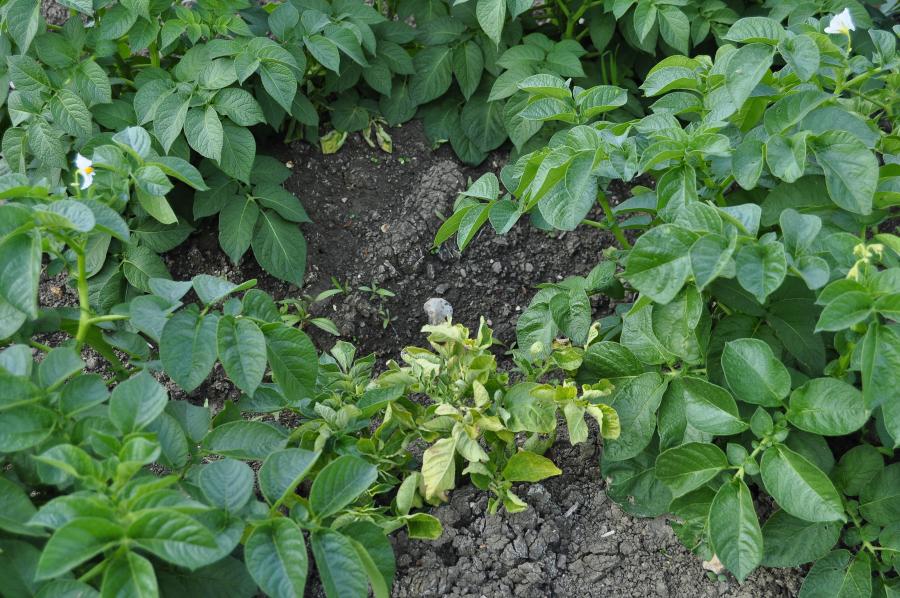
AHDB Potatoes will use this year’s Seed Industry Event on 3 November to review the industry’s current approach to controlling blackleg.
The biennial conference, held this year in St Andrews, will also provide growers with an insight into the potential impact of Brexit, and scope out the potato market, both at home and abroad.
The slight increase in the bacterial disease blackleg has seen it rise up the industry agenda, however the Scottish seed sector has always been quick to respond to any health challenges.
“In the seed potato sector there is a strong awareness that we need to work hard to control disease risks,” says Rob Clayton, AHDB Potatoes Sector Strategy Director.
“We have always used both research and regulation to ensure our high health status and that approach will continue to stand us in good stead.
“At this year’s event we plan to identify known best practice measures and separate them into those that are widely used and those that remain largely unadopted. Once we have identified those that are not being used, we need to find out what is preventing their uptake.”
Two areas of blackleg research will also be highlighted in two workshops devoted to the disease. A study carried out by the James Hutton Institute, jointly funded by AHDB and the Scottish Government, assessed the routes of contamination in high-grade seed.
The second project - a partnership between SASA and AHDB – investigated social changes and industry practices that could be contributing to a rise in blackleg.
Another issue at the forefront of many minds is, of course, Brexit. Peter Hardwick, Head of Exports at AHDB, will outline the potential post Brexit scenarios and look at the opportunities and threats they present in terms international trade.
He says: "While the post-Brexit environment is likely to be challenging for all our agricultural sectors, the tremendous progress that has been made in the seed potato industry to develop and build non-EU trade will make it more resilient to a situation which may not include free trade within a single market."
